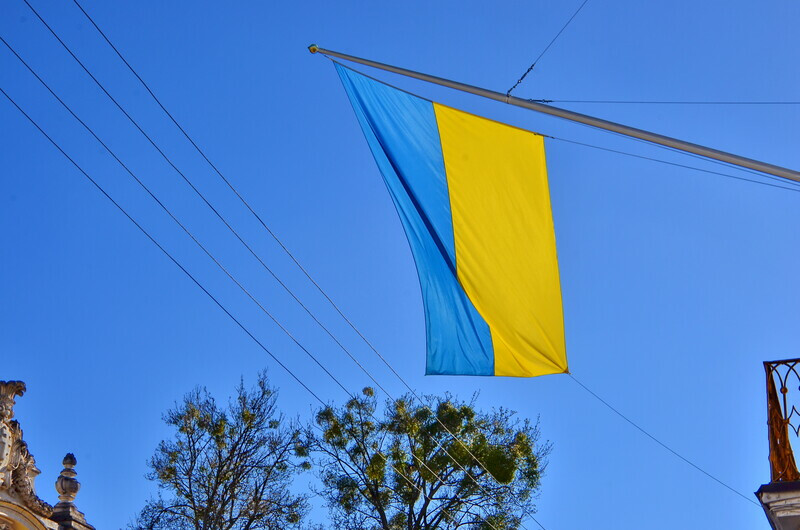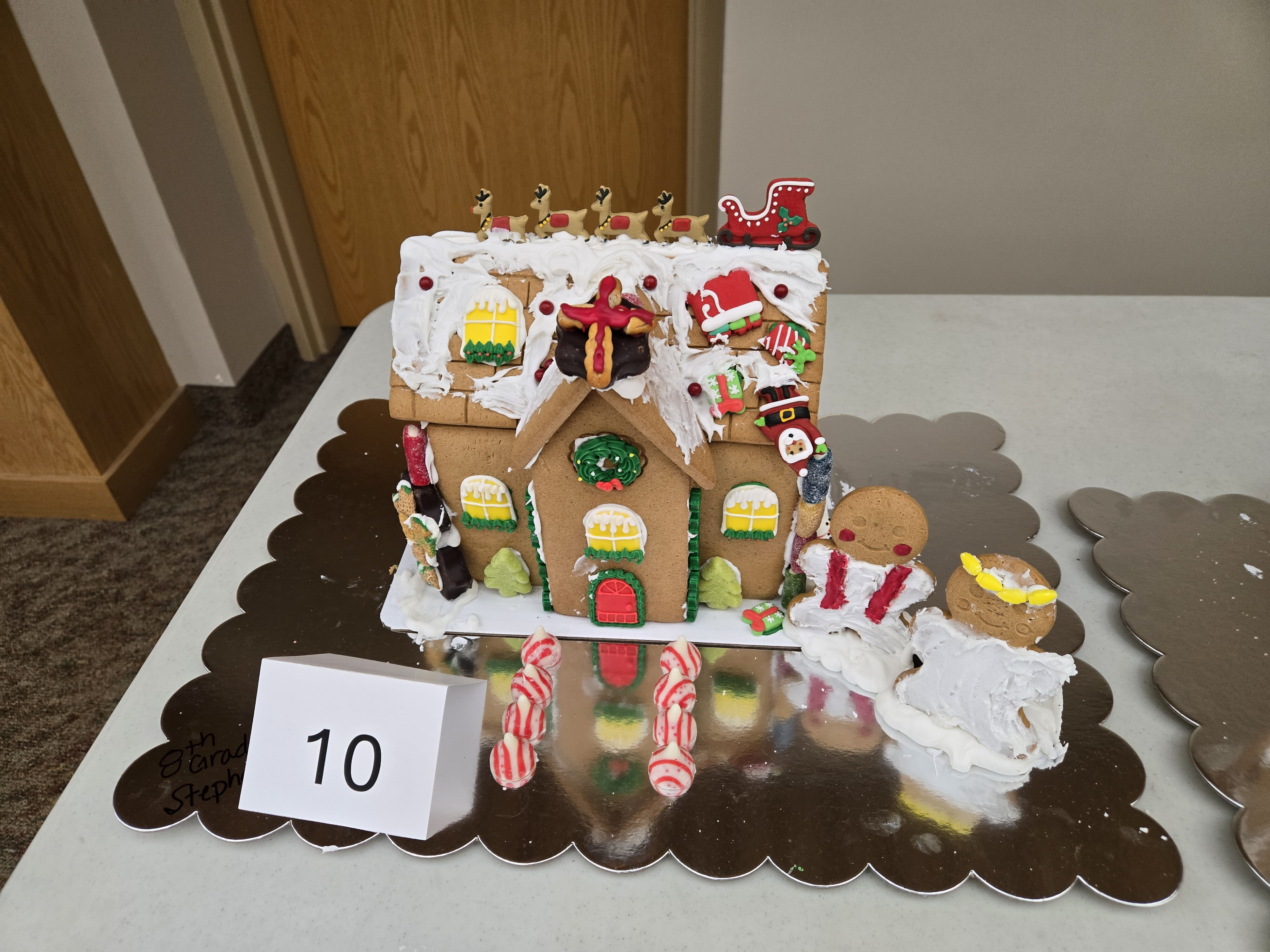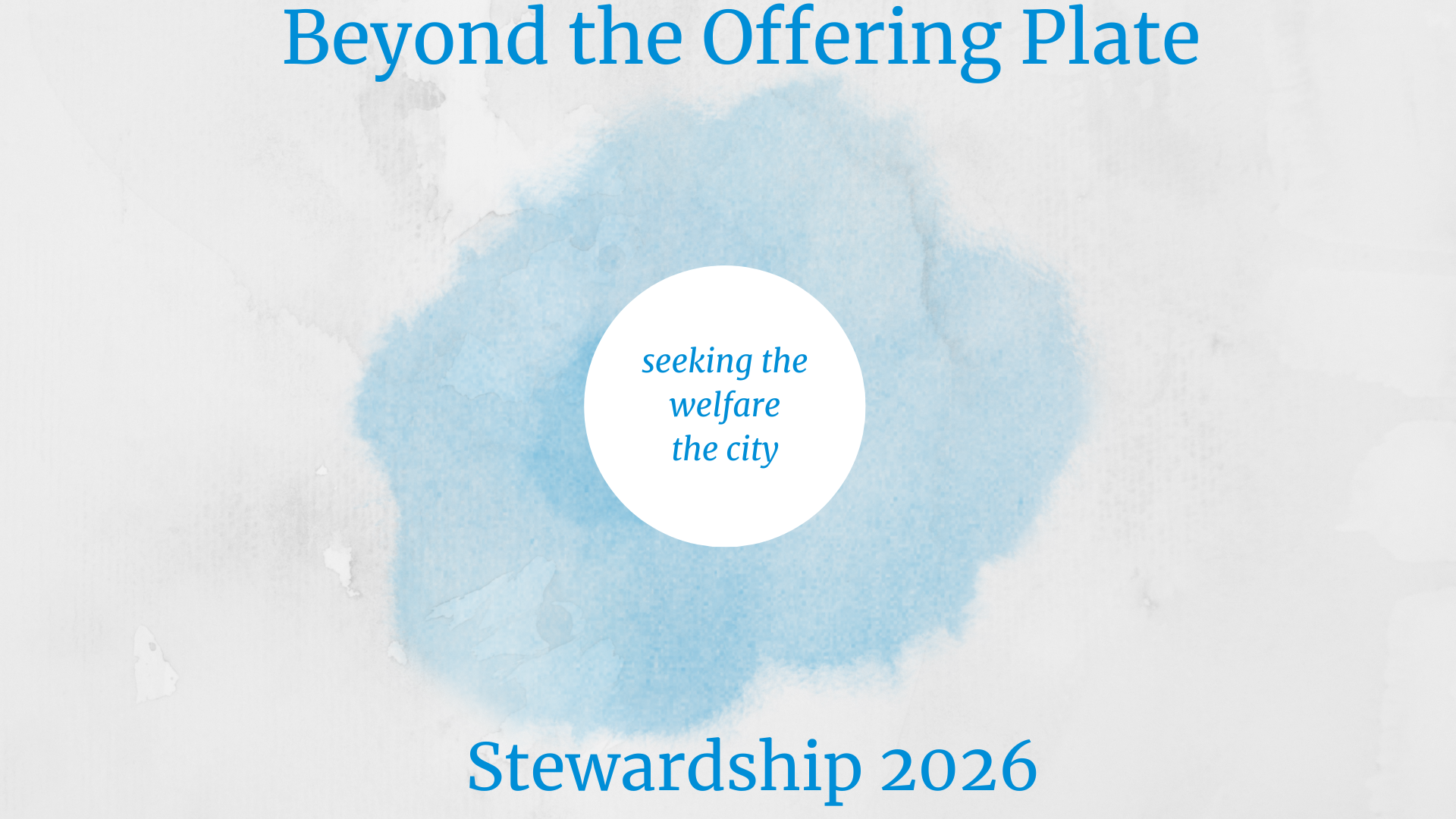Ukraine: What Does God Have to Do With It?

As Russian forces continue to slaughter innocent Ukrainians, the stories and images are disturbing. I yearn for understanding.
Why? Why would Russian President Vladimir Putin commit to this invasion as the world watches?
With oil prices higher than ever in US history, we see the consequences of international turmoil at the gas pump. As a chaplain in the National Guard, will our military have direct involvement in this conflict? After a flood of refugees from Afghanistan, will we see another wave from Ukraine?
Answering the why questions are complicated. But I’m not a political scientist. I’m a pastor.
So, what does God have to do with it?
A few weeks ago, I read an article in Christianity Today with the headline “Go ahead. Pray for Putin's Demise.”
Tish Harrison Warren, an Anglican priest, was aware that praying for bad things to happen to someone else might feel counter to our Christian faith. She prays for the repentance of Putin—to literally turn away from his evils and lay down arms. She also hopes that his evil actions would ricochet back on himself and he’d experience the damage of his evil intentions.
During World War II, plots developed to kill Hitler. Dietrick Bonhoeffer, a German Lutheran pastor, spoke out against him and was executed in a German prison as the Nazi regime was toppling.
Prophetic voices, like Bonhoeffer, are important to speak truth against evil.
Taras Dyatlik, the Overseas Council regional director for Eastern Europe and Central Asia, has appealed to Russian religious leaders to be more like Bonhoeffer.
“You fear prison,” said Dyatlik. “[But] do not be faithful to Putin. Be faithful to the body of Christ.”
Surprisingly, the war itself isn’t only about politics. When Vladimir Putin spoke on Feb 21st to the Russian people, he used the argument that Ukraine should have never been separated from Russia following the collapse of the Soviet Union. He said that the two countries share “one culture and one Orthodox faith.”
An article called “Is Russia’s war on Ukraine about religion?” by John Burgess appeared in Christian Century. Ukrainian efforts to declare “One Army, One Church, One People” were used by Putin as another “imagined betrayal to his lists of reasons for war.”
“Putin’s declared support for ‘traditional’ religious values resonates with many Ukrainians, as it does with many Russians,” wrote Burgess. “Nevertheless, most Ukrainians, even Russian speakers, want to define their national and religious identity on their own terms, not Putin’s.”
Religious differences have caused wars throughout time. For Putin, his utter distaste for Western values infiltrating Ukraine and the Ukrainian church just caused to claim the country for Russia.
In times like this, I often wonder what we can do. Echoes of “thoughts and prayers” ring out. And prayers are warranted and appreciated. We pray for Ukraine at Faith, each week, and in our daily prayers.
We also support Ukraine—our congregation is directing money to Disaster Response of Ukraine through the Lutheran World Federation.
But another thought comes to mind. Thank God that we live in a country that values our 1st Amendment freedom of religion. I can freely worship Jesus. My Muslim neighbor can safely prepare for Ramadan. Hmong soldiers can teach Christian Army chaplains how to provide religious support to Buddhists. Atheists and agnostics aren’t forced to declare allegiance to a god they don’t believe in.
Thank God for that. Can we remember those differences when we argue our religious beliefs are threatened? There’s a difference between feeling attacked and being at war.
Ukrainians are fighting for their lives and religious freedom. I pray that they succeed.
Pastor John writes a monthly column for the Forest Lake Times. A similar version to this article will be published on March 31, 2022






Login To Leave Comment